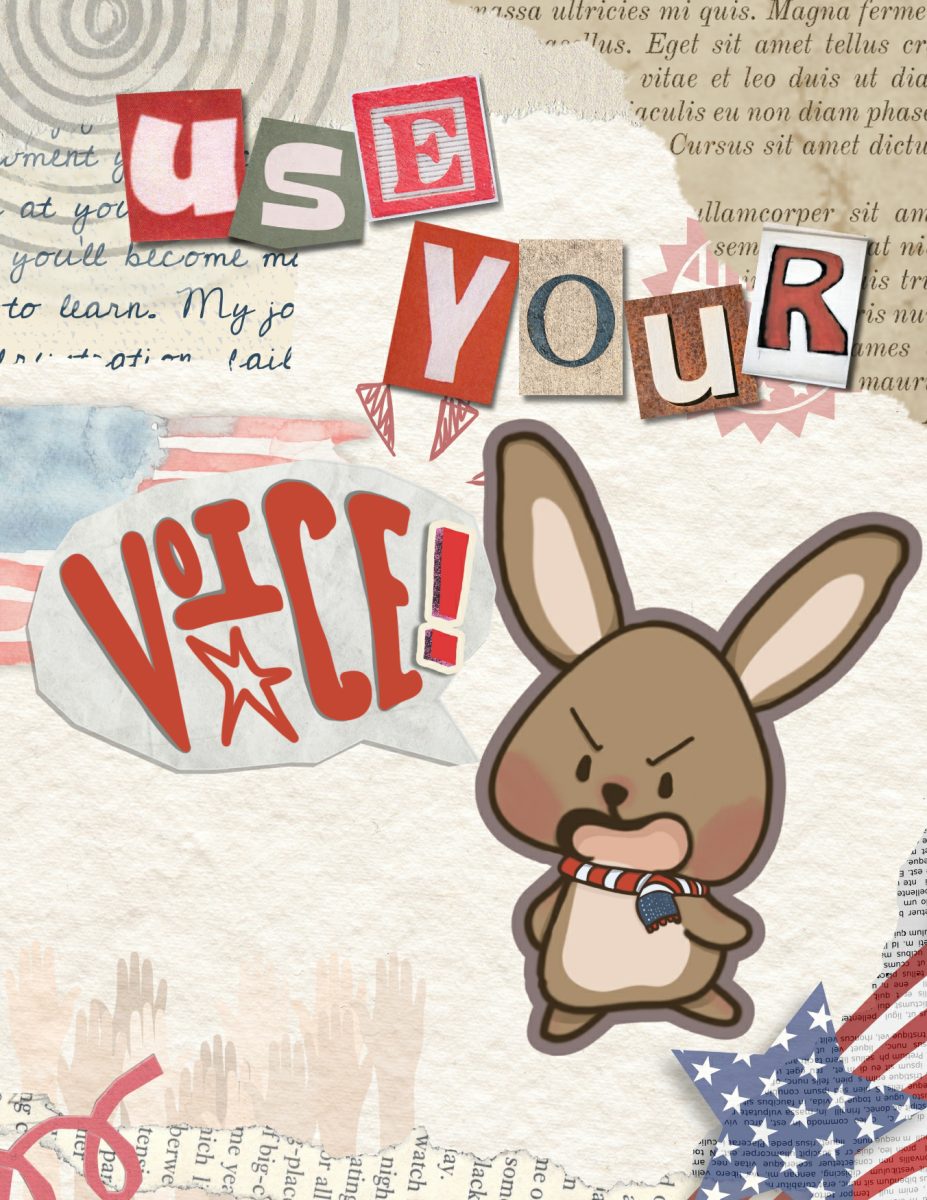Being able to speak more than one language seems so fun and appealing to those who can only speak one language.
However, for the ones that speak more than one, it can seem overwhelming and lead to bias in language as they may prefer or be more fluent in their nonnative language.
“I speak Spanish and English, but mostly English because my Spanish isn’t that good,” Junior Ani Ramirez-lara said.
Being able to speak more than one language is a huge privilege to some as it helps differentiate them from others and opens up a whole new world of opportunities and connections.
Although it is a good skill to have it can also have its downside too, as it can be frustrating when you feel like you’re not fluent in either language or you might struggle with expressing yourself in certain situations.
“Nobody really understands what I’m talking about beside other Spanglish (Spanish and English) speakers.” Junior Itzel Garcia said.
Often timed it is hard to explain and hard for others to know what we’re talking about as there are language barriers and knowing what to say in the other language but not the one we wanted to say it in.
Which can lead to confusion, especially when you mix up words or struggles to find the right translation. It can also be tiring to constantly switch between languages, especially if you’re in an environment where both languages are spoken.
However, despite not many are fluent in both languages they still find a way to connect with others. “I find it quite hard to make new friends as i am shy myself, but somehow becoming friends with the people who speaks the same language as me seem effortless as we just click.” Senior Say Say Wah said.
Being bilingual opens so many doors and allows you to connect with a wider range of people. So, even with the challenges, it’s still an incredible skill to have.

